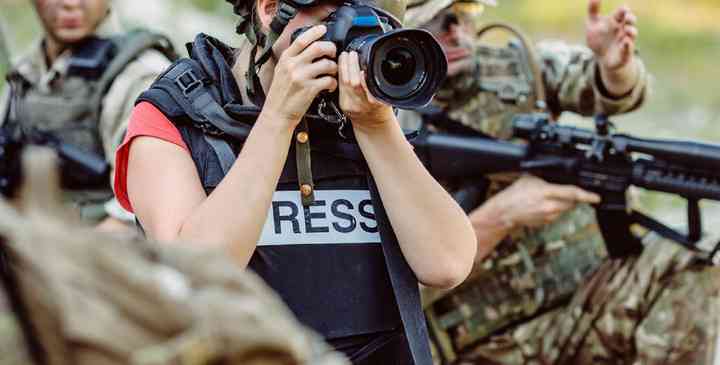
Across the globe, a striking trend has emerged: seasoned journalists are transitioning into public relations (PR) and corporate communications practitioners.
This shift is also evident in Zimbabwe, where many professionals have traded the newsroom for the boardroom.
While journalism and PR may seem like separate worlds, they share fundamental principles — storytelling, information dissemination and audience engagement — that make journalists well suited for PR roles.
At the heart of both professions lies the power of storytelling.
Journalists are trained to identify, craft and deliver compelling narratives — an invaluable skill in PR or corporate communications, where shaping public perception and building brand identity are paramount. Whether crafting Press releases, speeches or brand messages, journalists bring a narrative flair that captures and retains audience attention.
Globally, many top PR professionals started their careers in journalism. Richard Edelman, CEO of the world’s largest PR firm, Edelman, learned the art of storytelling from his journalist father, Daniel, leveraging on it to build trust and credibility for clients. Across the Limpopo River, former journalist Chris Vick has carved a niche as a PR strategist, helping governments and corporations to manage their communications effectively.
Another crucial skill journalists bring to PR is their mastery of clear, concise and persuasive writing. Trained to write for diverse audiences, they excel at producing impactful Press releases, opinion pieces and social media content. A prime example is former BBC journalist Alastair Campbell, who became the director of communications for then UK Prime Minister Tony Blair, shaping the government’s message with his media expertise.
Moreover, journalists possess profound knowledge on newsroom operations, media dynamics and what makes a story newsworthy. This gives them a unique advantage in securing media coverage and crafting pitches that resonate with reporters. Karen Hughes, a former journalist turned PR strategist, leveraged on this skill to become a trusted adviser to US President George W Bush, expertly managing media relations and public messaging.
- Mavhunga puts DeMbare into Chibuku quarterfinals
- Bulls to charge into Zimbabwe gold stocks
- Ndiraya concerned as goals dry up
- Letters: How solar power is transforming African farms
Keep Reading
Crisis management is another arena where journalists shine. Accustomed to high-pressure environments and rapid response, they possess a strategic edge in handling reputational threats. Singapore’s Janadas Devan, a former journalist, used his experience to lead government communications, managing crises with precision and clarity. Credibility and accuracy, the cornerstones of journalism, are equally vital in PR. Former New York Times journalist Jim Wilkinson transitioned into a corporate communications practitioner, playing a key role in shaping the messaging strategies of global giants like PepsiCo and Alibaba. His research-driven approach ensured that corporate narratives remained factual, persuasive and trustworthy.
Beyond messaging, journalists have an innate understanding of public sentiment and audience psychology. This makes them adept at tailoring communication strategies for diverse demographics.
In Nigeria, veteran journalist Reuben Abati served as special adviser on media and publicity to former President Goodluck Jonathan, using his media expertise to shape government communication effectively. Journalists possess a rare combination of storytelling prowess, writing expertise, media relations acumen, crisis management skills and research proficiency, all of which are critical for success in PR.
Their deep understanding of audience engagement and public perception gives them an edge in shaping reputations and communication strategies. As evidenced by countless success stories, journalists who transition into PR practitioners have become influential figures, driving impactful narratives for organisations.
For a company seeking to enhance its public relations efforts, hiring a professional with a journalism background is a strategic move that brings both credibility and expertise to the field.










